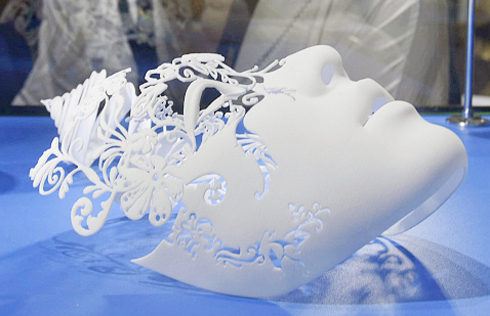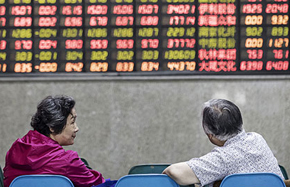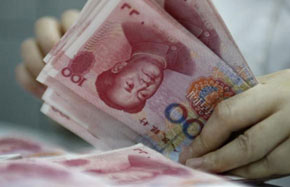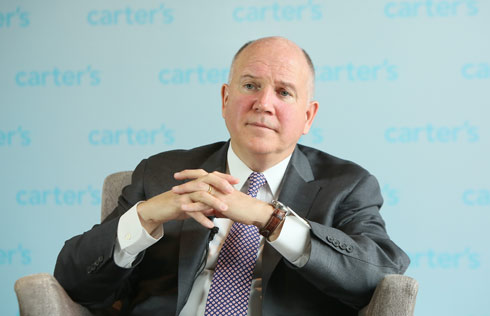China's trade growth moderates but economic momentum remains sufficient
BEIJING - China's foreign trade growth moderated in July, affected by currency appreciation and a higher base, official data showed Tuesday.
While there are uncertainties on the trade outlook, analysts believe positive factors remain and that the economy still has sufficient momentum.
Exports in yuan-denominated terms rose 11.2 percent year on year in July, compared with the 17.3-percent growth in June, according to the General Administration of Customs (GAC).
Imports increased 14.7 percent, slowing from 23.1 percent in June.
The slower trade growth was a result of a stronger yuan in recent weeks and a higher base in the second half of last year, said Bai Ming, a researcher with the Chinese Academy of International Trade and Economic Cooperation.
The yuan has been on an upward trajectory against the US dollar this year due to the weakening greenback and steady expansion of the Chinese economy.
The central parity rate of the Chinese currency strengthened to 6.7132 against the US dollar on Friday, its highest level since October last year.
Bai expects the pressure for appreciation to persist in the second half of the year, while predicting overall stable growth in foreign trade.
Bloomberg chief Asia economist Tom Orlik said it was important to see the data movement in the coming months before concluding that a deceleration had set in.
"Trade data are volatile, and a miss in a single month doesn't necessarily signal a change in the trend," he wrote in an analysis note.
Orlik listed stronger consumption in the United States and Europe and a weaker yuan than a year earlier as positive factors for China's export outlook, while cautioning that China's share of global exports had already topped out and would be difficult to expand further.
A leading indicator for China's exports increased from 41.5 to 41.9 month on month in July, signaling positive export potential, according to GAC. Total foreign trade reached 2.32 trillion yuan last month, up 12.7 percent from a year earlier, compared with 19.8 percent in June.
Monthly trade surplus stood at 321.2 billion yuan ($47.8 billion) in July, up 1.4 percent year on year.
Despite the slower monthly trade growth, China's broad economy remains resilient, as indicated by other data including that on expanding manufacturing activity, said JZ Securities analyst Deng Haiqing.
The country's manufacturing purchasing managers' index has stayed above 51 for 10 months in a row, official data showed. A reading above 50 indicates expansion.
Meanwhile, Deng described the combined trade growth for the first seven months as relatively high.
"The economic momentum remains sufficient," he said.
In the first seven months combined, exports increased 14.4 percent year on year, while imports rose 24 percent, resulting in a 14.5-percent decline in trade surplus.
Foreign trade in the first seven months totaled 15.46 trillion yuan, up 18.5 percent year on year.
With milder trade growth but still sound economic fundamentals, Deng said China was likely to keep its monetary policy "not too tight or too loose."
China set its monetary policy as prudent and neutral for 2017 as authorities try to balance financial deleveraging and support economic growth.
In the first seven months, China's trade with the EU, China's biggest trade partner, climbed 17.1 percent from a year earlier to 2.33 trillion yuan.
Meanwhile, trade with the United States, ASEAN and Japan went up by 20.6 percent, 20.9 percent and 16.9 percent respectively.
Exports of machinery, electronics and labor-intensive products continued to expand in the first seven months, while the volume of steel exports dropped 28.7 percent year on year to 47.95 million tons.



















